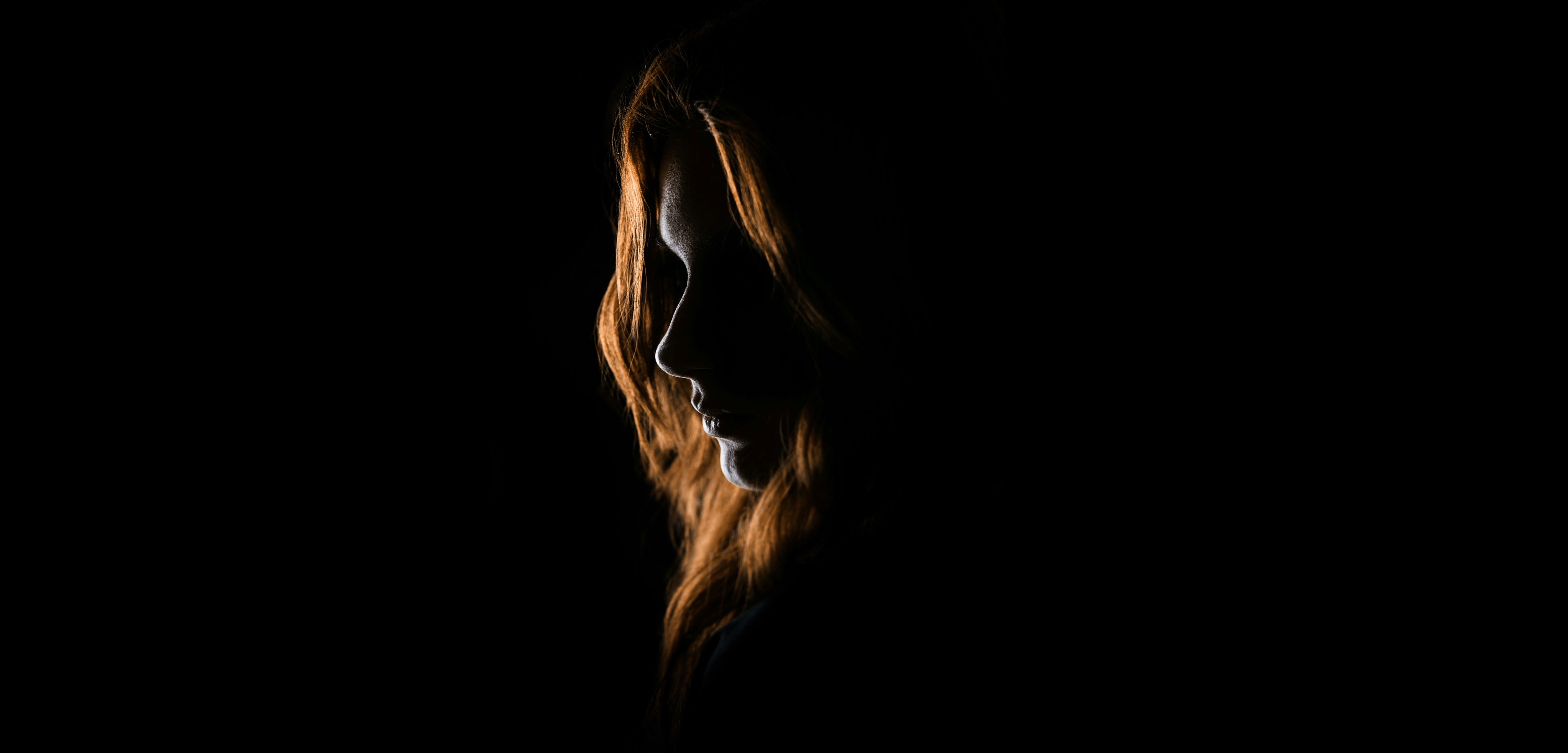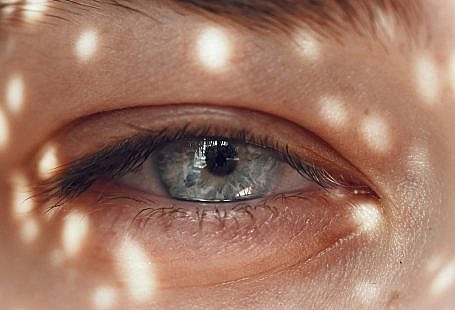1: The past
“Why does the past often seem unclear and indistinct?”
This thought struck me in the middle of the night as I was in think of the beauty of the full moon.
I’ve had countless dreams about school camps, even though I’ve never attended one. I asked myself, “How can I have so many vivid memories of something I never experienced?” The answer came to me: “Those damn dreams.” They mess with our memories, making the past feel uncertain and even blurring our sense of the future.
If we don’t reflect on the events we’re experiencing—or those we experienced 18 months ago or longer—those memories will naturally morph into something else.
If you care about preserving the truth of your memories, it’s better to write them down. Or, as they say, “journal it.”
Plus: Task View
In the last part of her song “Look What You Made Me Do,” Taylor Swift sings:
“I’m sorry, the old Taylor can’t come to the phone right now. Why? Oh, ’cause she’s dead.”
I’ve been listening to this song since ninth grade—so many times—but I never truly felt it. Not until now. Now, I feel like saying, “I’m sorry, the old me can’t come to the phone right now, ’cause it’s dead.”
I don’t know how much of the original “me” is still there, but I can tell you one thing: I’m transforming. I can only hope that this transformation is for the better. Right now, I can’t say if it’s good or bad—it’s just happening. I guess we’ll find out in the future.
Lately, I’ve stopped talking to people. It feels like I’m stuck in my own “ME Zone.” My peers don’t understand me, and whenever I try to talk to my parents, they respond with the classic line, “Things were so much harder back in our day.” So, I’ve decided to keep these conversations to myself. It’s painful, but at least it’s honest.
3: Gen Z
Social scientists often divide generations into groups based on the changes each one goes through. I still can’t believe I’m part of Gen Z. We’re sick and tired, drained in ways I can’t fully explain. And just imagine what Gen Alpha is going to endure.
There is a list of coming-of-age movies, that you can watch to practice analyzing teenager’s behavior, specifically Gen Z. I have watched the five first and I intend to watch the rest too.
- Perks of Being a Wallflower (2012)
- The Edge of Seventeen (2016)
- Lady Bird (2017)
- Juno (2007)
- Spontaneous (2020)
- Me and Earl and the Dying Girl (2015)
- Men, Women & Children (2014)
- Booksmart (2019)
- My Life as a Zucchini (2016)
- Little Miss Sunshine (2006)
4: Light Me Up
Like every other normal being, it was difficult for me to say “NO” to others. But after going through a period of life-and-death experiences, I got changed. Something like an ancient soul was awakened in me, giving me the strength to withstand social pressure and the discomfort of saying no.
However, I must warn you: saying “no” is not something you want to do unless you’re ready to face the wave of negative consequences that often follows.
This feeling—of being neglected, blamed, or even judged for defying societal expectations—reminds me of Taylor Swift’s song “I Did Something Bad.”
Plus: Favorite Lines
I’ve brought my favorite lines from the song here, along with a probable interpretation of them:
“I can feel the flames on my skin”: This could symbolize feeling the heat or pressure of a difficult or intense situation, possibly related to a toxic relationship or a sense of betrayal.
“He says, ‘Don’t throw away a good thing'”: This suggests someone (likely a romantic partner or someone with power over her) trying to convince her to hold on to something valuable, perhaps trying to keep her from leaving or ending the situation.
“But if he drops my name, then I owe him nothin'”: This part indicates that if the person tries to use her name or reputation for leverage, she doesn’t owe them anything. This could signify a sense of detachment or freedom from the power the other person may have over her.
“And if he spends my change, then he had it comin'”: “Spending my change” could metaphorically refer to taking advantage of her resources (emotional or material). The phrase “he had it comin'” implies that whatever negative consequences occur as a result of his actions are deserved or expected.
“They’re burning all the witches, even if you aren’t one”: This line references the historical persecution of women who were accused of witchcraft, even if they weren’t actually witches. It’s a metaphor for how society often punishes or ostracizes women, particularly those who challenge norms or defy expectations, regardless of whether they deserve the punishment.
“They got their pitchforks and proof / Their receipts and reasons”: The “pitchforks” symbolize the mob mentality or the tools of persecution, often associated with historical witch hunts. “Proof,” “receipts,” and “reasons” refer to the justifications people come up with to attack or vilify others, whether those justifications are valid or not. In a modern sense, this could refer to the way social media or gossip is used to target individuals, often without any real truth behind the accusations.
“They’re burning all the witches, even if you aren’t one”: Repeated for emphasis, this line highlights the injustice and irrationality of how certain individuals, especially women, are targeted and punished for simply existing or speaking out, regardless of their actual actions or intentions.
“So light me up (light me up), light me up (light me up)”: This is a defiant, almost rebellious call for being “set on fire,” metaphorically. The narrator is saying, “Go ahead and try to attack me or label me a ‘witch’—I’m ready to face the consequences.” The repetition of “light me up” suggests that the narrator isn’t afraid of the judgment or persecution they’re facing; in fact, they may even embrace it as a form of empowerment or resistance.






